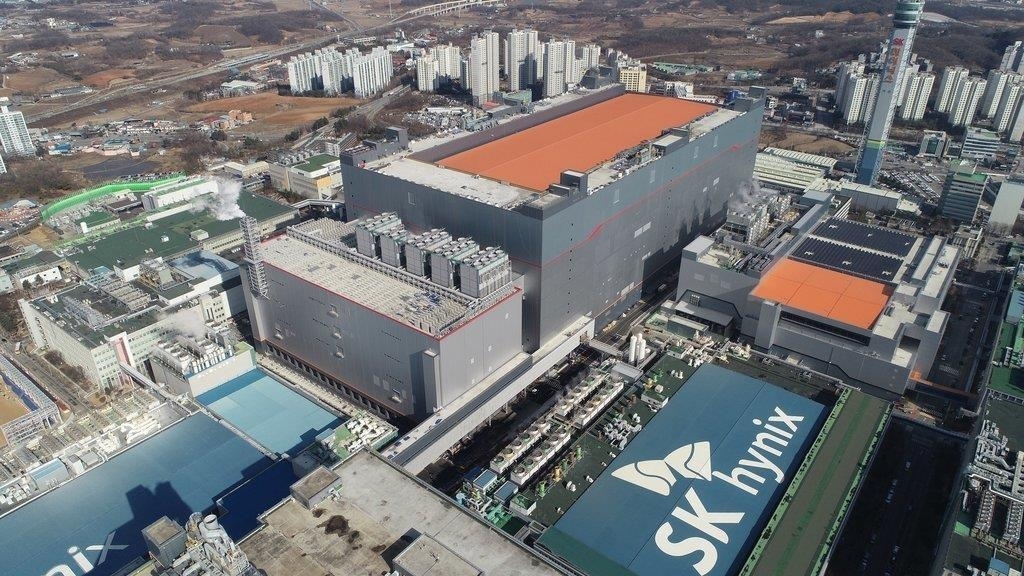The lawmakers pointed out that, despite BIS’s efforts, the newly introduced controls may still fail to fully curb China’s ability to access crucial technologies. …reports Asian Lite News
Chairman John Moolenaar and Ranking Member Raja Krishnamoorthi of the United States House Select Committee on Chinese Communist Party (CCP) have raised concerns over the US Department of Commerce’s recent export control rule, issued on December 2, 2024, aimed at limiting China’s access to advanced semiconductor technology.
In a letter to Secretary Gina Raimondo, the lawmakers praised certain aspects of the Bureau of Industry and Security’s (BIS) rule, such as the inclusion of some of Huawei’s semiconductor facilities on the Entity List and the new controls on high-bandwidth memory (HBM) technology, which could hinder China’s semiconductor manufacturing capabilities.
However, they expressed disappointment over what they described as critical loopholes in the rule that continue to allow Chinese entities to access US technology.
The lawmakers pointed out that, despite BIS’s efforts, the newly introduced controls may still fail to fully curb China’s ability to access crucial technologies.
Specifically, they criticised the introduction of the “License Exception Restricted Fabrication Facility,” a list-based approach which they argued would be ineffective in protecting US national security. They also questioned the rationale behind BIS’s differing licensing policies for Chinese semiconductor firms like Semiconductor Manufacturing International Corporation (SMIC), noting that some of these companies had been given carve-outs for continued access to certain US technologies.
The letter specifically highlighted that SMIC’s facilities in Beijing were subject to a “presumption of denial,” but other SMIC locations, such as in Shanghai and Shenzhen, received special exemptions or different licensing policies.
The lawmakers also raised concerns over Huawei subsidiaries such as SwaySure Technology and Shenzhen Pengxinxu Technology, which were reportedly granted similar carve-outs, undermining the effectiveness of the new export controls.
Further criticism was directed at BIS’s failure to address the use of methods like “wafer bridges,” which allow Chinese semiconductor firms to circumvent restrictions by connecting blacklisted facilities with those under less stringent controls.
A recent report revealed that SMIC had used such a “wafer bridge” to transfer sensitive U.S. technology between facilities, bypassing BIS’s regulations. The lawmakers called for stronger counter-diversion measures to prevent the use of such tactics, arguing that the current loopholes pose a significant threat to US national security.
The lawmakers expressed concern over the apparent influence of industry interests on BIS’s decision-making and urged Secretary Raimondo to close the existing loopholes before her term ends. In addition, they requested that the Department of Commerce preserve all documents and communications related to the latest export control update so that any further weaknesses in the rule can be identified and addressed during the transition process.
The letter underscores ongoing scrutiny of the US government’s export control policies toward China, especially amid escalating tensions between the two countries over technology, trade, and national security. Lawmakers continue to push for stronger enforcement of export restrictions to prevent China from gaining access to sensitive technologies that could bolster its military and technological capabilities. (ANI)

Leave a Reply